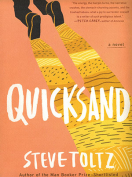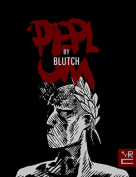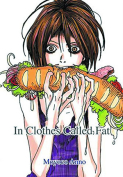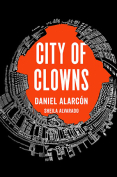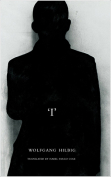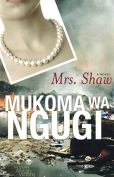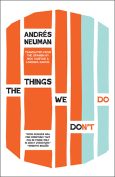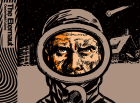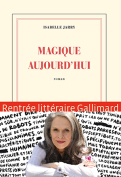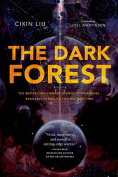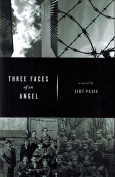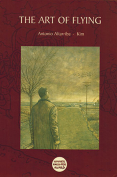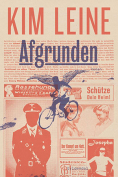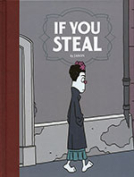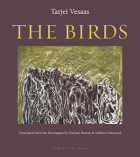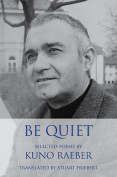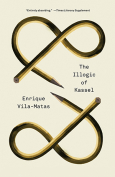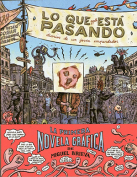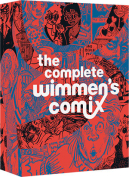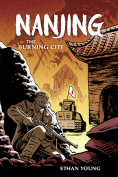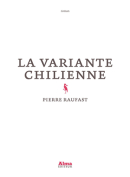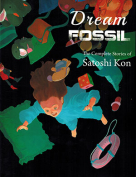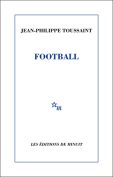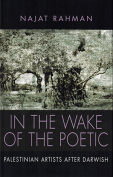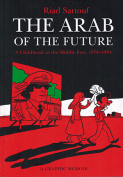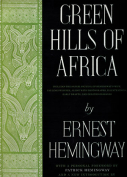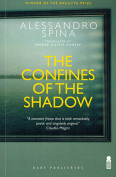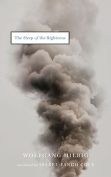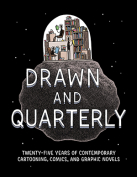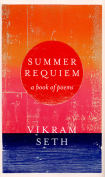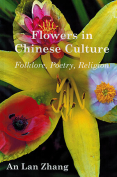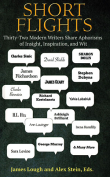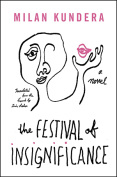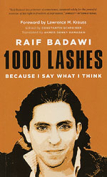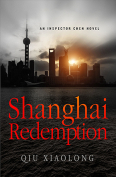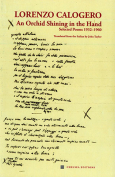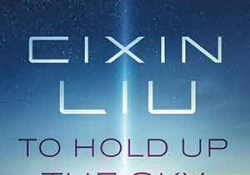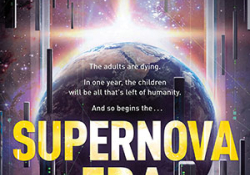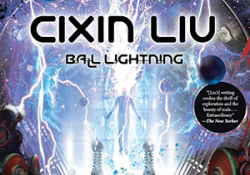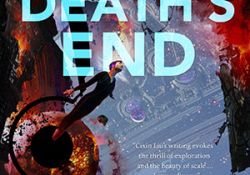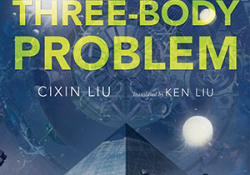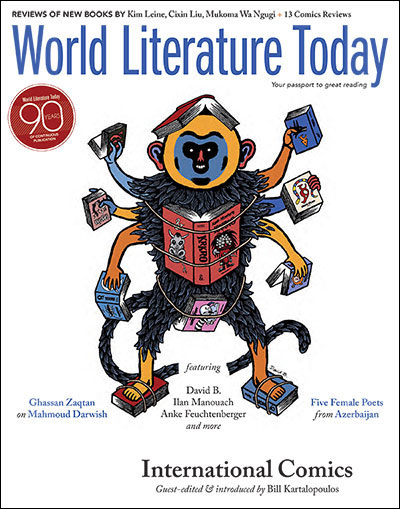The Dark Forest by Cixin Liu
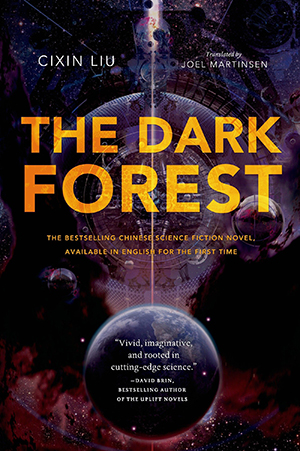 New York. Tor. 2015. 512 pages.
New York. Tor. 2015. 512 pages.
Suppose you know with certainty that in four hundred years a cosmic event will obliterate the human race. Suppose, for example, you are a brilliant strategist and former secretary of defense, or a renowned neuroscientist and quantum physicist. You have access to almost limitless resources and are accountable to no one. What would you do?
This question drives The Dark Forest, the second novel in Cixin Liu’s celebrated trilogy Remembrance of Earth’s Past and sequel to his Hugo Award–winning The Three-Body Problem (see WLT, Sept. 2015, 63). That novel ended with definitive proof of the far-distant threat and with an event that brings to a permanent halt all fundamental scientific research. The Dark Forest, which plunges right into the ongoing story, tells of the first two of the four centuries before humanity’s demise.
Any effort to save humanity will require technological progress, which is hamstrung by the end of science. Efforts are further crippled by familiar human foibles: hubris, vanity, hidden agendas, lust for political capital, warring factions within military and political institutions, and so on. The worsening crisis causes even the most ethical of individuals and institutions to resort to kidnapping, emotional blackmail, and murder.
In response, the United Nations chooses four men to constitute “The Wallfacer Project.” Given access to unlimited resources and accountable to no one, these four are charged with devising and implementing plans that, four centuries hence, will prevent the extinction of humanity. But there’s a catch: they must not write down or speak about their true plans; rather, they must become “the world’s perfect liars.”
Three of the chosen are luminaries. But the fourth, Luo Ji, is an aimless slacker: a second-rate, opportunistic scientist more reminiscent of, say, Toru Okada, the narrator of Haruki Murakami’s The Wind-Up Bird Chronicle (1997), than of Liu’s intense characters. Yet this most improbable of protagonists becomes the fulcrum on which the fate of humanity turns.
The greatest surprise of The Dark Forest is its emphasis, amid spectacular set pieces and dollops of hard science, on ideas in conflict. Driving these conflicts is the overriding question, Given the certainty of the threat and the scales of space and time involved, what ought humanity, en masse and individually, do?
This question compels arguments with ever greater urgency about economics, morality, core values, dicey ethical questions, philosophy, psychology, sociology (how might a culture respond to such a threat?), politics and ideology, military theory, and more.
With its emphasis on ideas, The Dark Forest avoids the common failing of the second novel of a trilogy: inconsequentiality. And it comes to a satisfying (and surprising) end. Indeed, the end is so conclusive it would seems Liu’s entire story is over. But it’s not. Tor will publish the final novel, called Death’s End, in 2016.
Michael Morrison
University of Oklahoma
